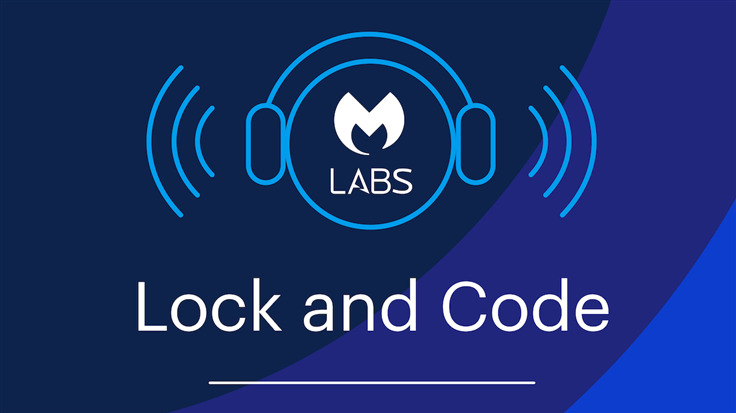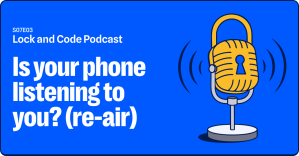In August, the NFT for a cartoon rock sold for $1.3 million, and ever since then, much of the world has been asking: What the heck is going on?
NFTs, or non-fungible tokens, have skyrocketed in popularity this year, with the NFTs for several artworks selling for more than $2 million each; the most expensive sale being that of the NFT for the piece “Everydays: The First 5,000 Days,” which sold for $69 million. Many celebrities, including Jay-Z, Steph Curry, Elijah Wood, Reese Witherspoon, and Lindsay Lohan have either purchased, sold, or expressed interest in NFTs, as well.
But just what exactly is an NFT, and when people buy an NFT associated with a piece of art, do they also buy that artwork itself?
Not exactly, as we explain in today’s episode of Lock and Code, with host David Ruiz. An NFT is not the artwork itself, but rather a way to prove that the artwork in question is owned by the NFT’s purchaser. Think of it as a car title—it’s a way to prove that something you say is yours is actually yours. But with a car title, it’s hard to imagine someone purchasing just the slip of paper and not also wanting access to the car. After all, what good is ownership of a thing if you can’t do anything with it?
To answer this and many, many other questions about NFTs, we spoke to three experts on three separate NFT topics: The basics of NFTs and the cryptocurrency-related technology behind them, the implied value of NFTs and why people are paying so much money for them, and the future of NFT’s both within the art world and beyond it.
As to why NFTs are demanding such high prices for such basic art? According to our guest Lucas Matney, a writer for TechCrunch who covers NFTs, it’s that owning a small digital image isn’t just about being able to display it on, say, a Twitter profile. Instead, it’s also about being part of something potentially bigger.
“The idea of ownership is more about it being an investment in something that is, you know, provably yours, you know, that’s how NFTs work, but it’s more about it being kind of a share of a larger product.”
Lucas Matney, TechCrunch
As to whether or not NFTs are a safe or smart investment vehicle? Well, you’ll have to listen to our full episode to learn more.
You can also find us on Apple Podcasts, Spotify, and Google Podcasts, plus whatever preferred podcast platform you use.










